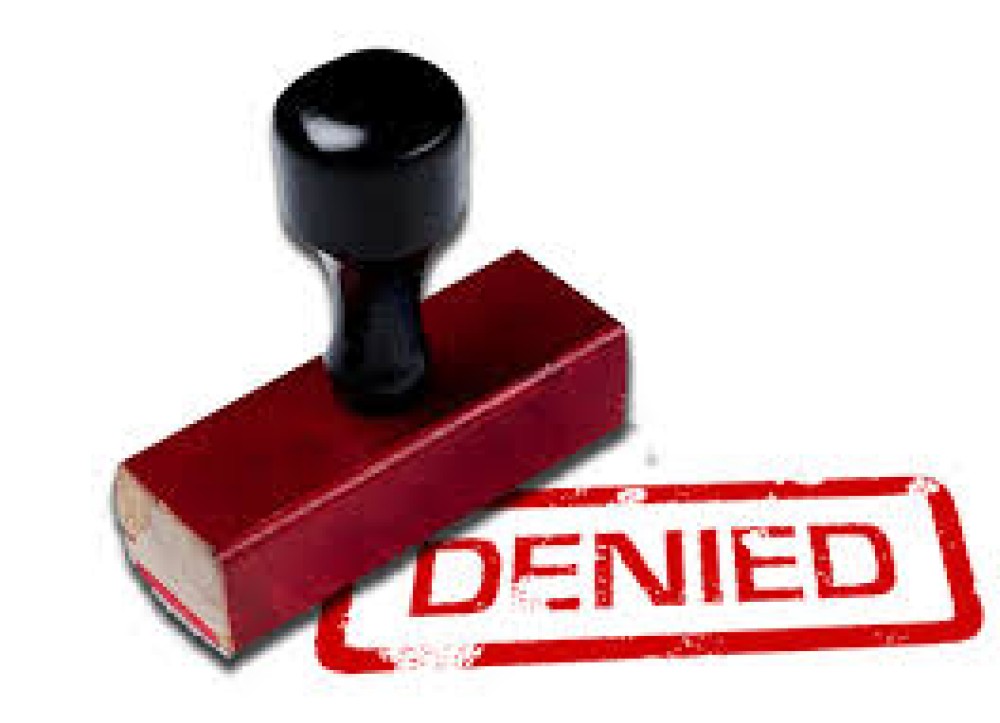Get Your Legal Documents Now!
Whether you are dealing with a complex family matter, facing criminal charges, or navigating the intricacies of business law, our mission is to provide you with comprehensive, compassionate, and expert legal guidance.

Learn what happens if your motion to dismiss and motion for summary judgment are both denied. Legal Husk explains next steps and how to prepare for trial or settlement after pretrial setbacks.
What Happens If Both Motions Are Denied? Next Steps in Litigation
Introduction
You've filed a motion to dismiss, hoping to end the lawsuit early. It gets denied. Later, you follow up with a motion for summary judgment, armed with evidence and legal argument—only to have that denied too. Now what?
While this scenario might feel like a setback, it doesn’t mean your case is lost. It just means the court believes there’s a factual or legal dispute worth resolving at trial. In this article, Legal Husk breaks down what happens when both motions are denied and what smart litigants should do next.
Why Motions Get Denied
1. Motion to Dismiss
A motion to dismiss is denied if the court finds the complaint states a plausible legal claim—even if it may be weak.
2. Motion for Summary Judgment
This motion is denied when the court finds that a genuine dispute of material fact exists. In other words, a jury (not the judge) must weigh the evidence and decide.
Denials are not uncommon and don’t necessarily indicate you’ll lose at trial—they simply shift the case into its final, most important phase.
What Happens Next: Trial Preparation Begins
Once both motions are denied, your case is officially on the path to trial.
1. Pretrial Conference
2. Motions in Limine
3. Settlement Discussions May Resume
4. Final Trial Preparation
What Denials Don’t Mean
Tactical Advantages After Denial
Even if your motions fail, you’ve still:
Appealing the Denials
In most cases, denials of motions to dismiss and summary judgment cannot be immediately appealed. These are considered interlocutory orders, meaning they don’t end the case.
You must usually wait until after trial to raise these issues on appeal, unless your case fits into a narrow exception (e.g., immunity defenses).
How to Strengthen Your Case Post-Denial
How Legal Husk Helps After Motion Denials
At Legal Husk, we don’t stop at pretrial motions—we support our clients all the way through trial preparation and beyond:
📌 Prepare your next move with:
Final Thoughts
Having both your motion to dismiss and motion for summary judgment denied doesn’t end your chance of success. It simply means your case moves into its next phase—one where preparation, focus, and smart trial strategy matter most. With Legal Husk at your side, you can move forward with confidence.
📩 Facing trial after a denied motion? Let Legal Husk help you build your trial plan. Visit Legal Husk today to take the next step in winning your case.
Whether you are dealing with a complex family matter, facing criminal charges, or navigating the intricacies of business law, our mission is to provide you with comprehensive, compassionate, and expert legal guidance.
Comments